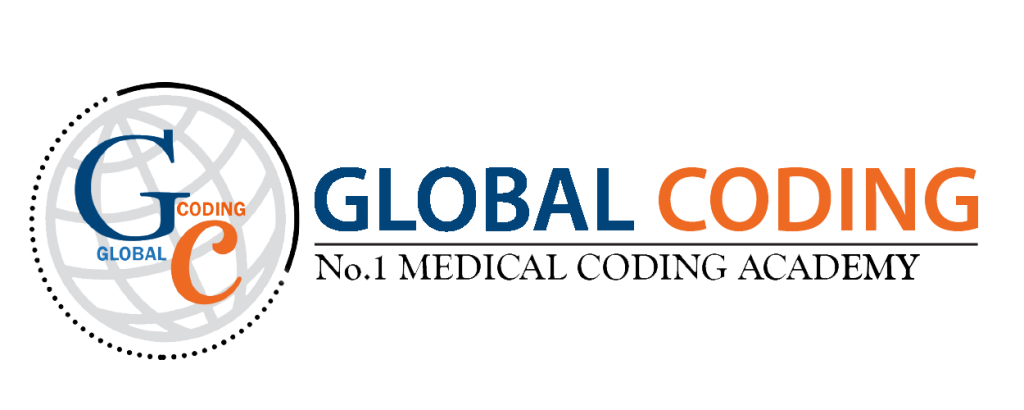Medical coding is the backbone of healthcare documentation, ensuring accurate billing, smooth reimbursements, and compliance with regulations. But even skilled coders can make mistakes that affect revenue and career growth. The good news? Most errors are preventable if you know what to watch out for.
Here are the top 5 coding mistakes and how you can avoid them:
1. Incorrect Use of ICD or CPT Codes
One of the most common issues is choosing the wrong diagnosis or procedure code. This usually happens when coders rush or rely on guesswork.
- How to avoid: Always double-check coding guidelines and use updated manuals to match codes with documentation.
2. Missing Documentation
If the medical record doesn’t support the code, claims can be denied.
- How to avoid: Never assume — ensure every procedure and diagnosis is backed with clear documentation from the physician.
3. Upcoding or Downcoding
Unintentionally billing for a higher or lower-level service than documented can result in compliance issues.
- How to avoid: Stay ethical and follow compliance standards strictly. Review payer-specific coding rules regularly.
4. Ignoring Modifier Usage
Modifiers add crucial details to a code. Missing or incorrect modifiers often lead to claim denials.
- How to avoid: Learn the correct use of modifiers (e.g., -59, -25) and apply them only when justified.
5.Not Staying Updated
Medical coding guidelines evolve every year. Using outdated knowledge puts your work at risk.
- How to avoid: Attend refresher training, subscribe to coding updates, and practice with the latest CPC exam-style questions.
Final Takeaway: Accuracy is everything in medical coding. By avoiding these mistakes, you not only protect healthcare organizations from revenue loss but also build a strong, reliable career for yourself.

